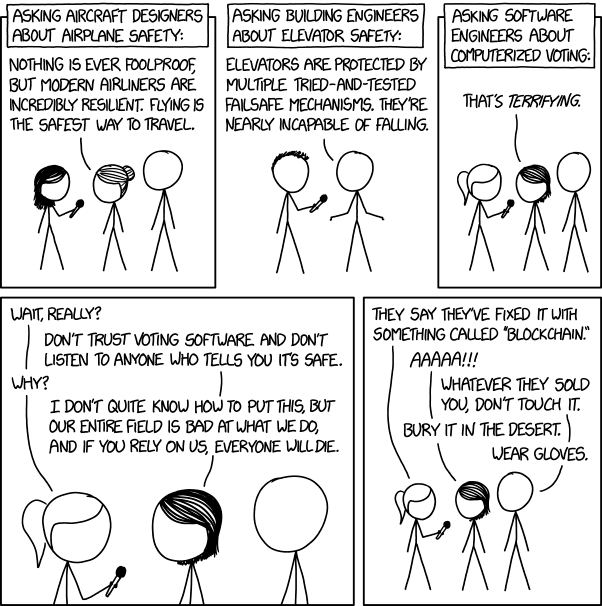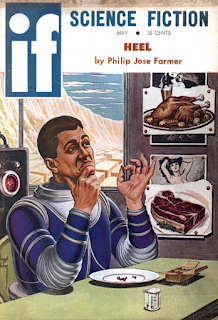.
.
.
From Broadcasting and Cable magazine:
CHICAGO, IL (July 18, 2018)- Weigel Broadcasting Co. announces the launch of the new multicast entertainment television network- Start TV, beginning Monday, September 3, 2018, in association with CBS Television Stations. Start TV showcases strong and resourceful female leading characters in a lineup of contemporary and proven procedural dramas. Each lead character and series embody a boldness and determination to “Start” leading the way, seeking the truth, solving the crime, and defending the innocent.
The talented and award-winning leading actresses featured on the new Start TV Network include: Kyra Sedgwick, Patricia Arquette, Julianna Margulies, Christine Baranski, Bonnie Bedelia, Taraji P. Henson, and Jill Hennessy.
...
“We are pleased to partner with our friends at Weigel Broadcasting to launch Start TV,” said Peter Dunn, President, CBS Television Stations. "Our CBS Television Network primetime audience has enjoyed great success with procedural dramas for many years. We are excited to feature The Good Wife and many other compelling series in the Start TV line-up as a great companion to our CBS programming.”
This would be a good jumping off point for discussions of all sorts of big topics like the value of intellectual property, how one builds and maintains a content library, the state of the television industry, and why certain stories are covered at nausea while others go unnoticed, but those are questions we will need to come back to at a later date. For now, I just want to make note of the event and leave you with a few brief observations.
A few years ago, I had an exchange with a famous blogger (I probably picked on the guy enough so I'll leave him nameless for now) about over-the-air television and terrestrial superstations. He argued that terrestrial broadcasting was a small and shrinking medium and that the bandwith should be sold off to raise money for better purposes. I countered that the viewership was much larger than he claimed and growing and that the industry was vital, innovative, and served a real social need. Since then the OTA television market has grown substantially, has proven highly profitable (unlike, say, Netflix), attracting major players such as the big studios and mega-producer Mark Burnett.
With the launch of this network, we go beyond the testing of the water stage and see a division of Viacom doubling down. Though Decades might end up getting crowded out here (which would be a shame. It is been a wonderful experiment in intelligent TV programming) CBS television is currently running two networks in partnership with Weigel and investing increasingly valuable intellectual property into the endeavors.
That last point bears emphasizing. If I have a lot of time I could spend a lot of time on how programming on terrestrial superstations has evolved, but the short version is that (very much pushed by Weigel) the trend has been toward airing increasingly valuable shows and movies on these networks. Start TV may be the clearest indication of this so far. Police procedurals like Law and Order, NCIS, and, yes, the Closer/Major Crimes have proven extraordinarily and unexpectedly durable, while the Good Wife is probably the definitive recent example of a popular and commercial blockbuster. These shows would not be running on this network unless CBS was fully committed to the project and felt that the association would enhance the IP.
Also worth noting that this is the fourth time (counting Viacom twice) a major media company has chosen to hand over programming and creative decisions of one of their networks to the small but tremendously innovative Weigel Broadcasting. This is an amazing story – – a regional independent jumps into a new technology, disrupts a major industry, and soon has half the major studios partnering up with it while the other half launch blatant imitations – – and under any sane standard of journalism, everyone would be wanting to tell it, but, as we have observed many times in many contexts recently, the current state of journalism is anything but sane.










